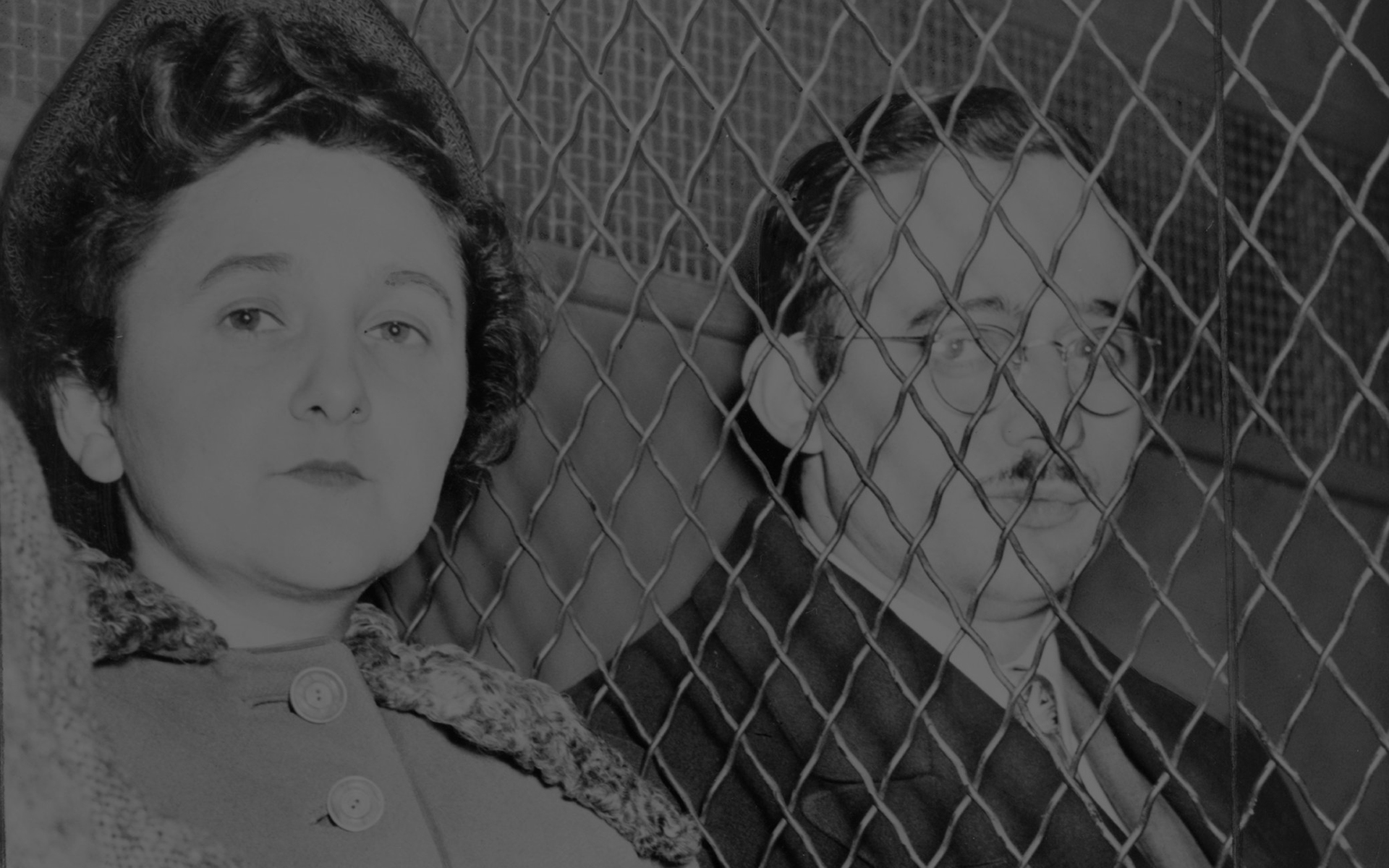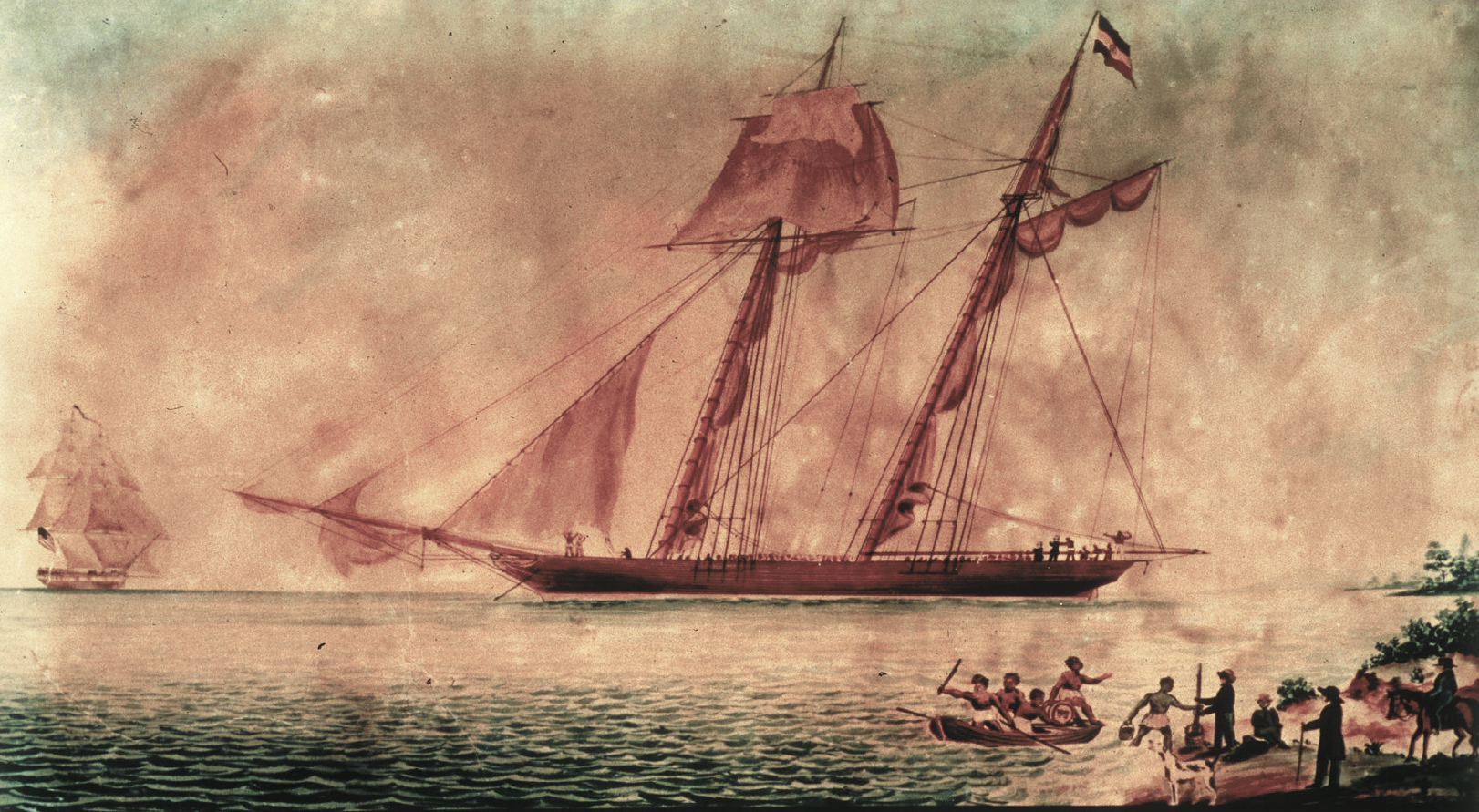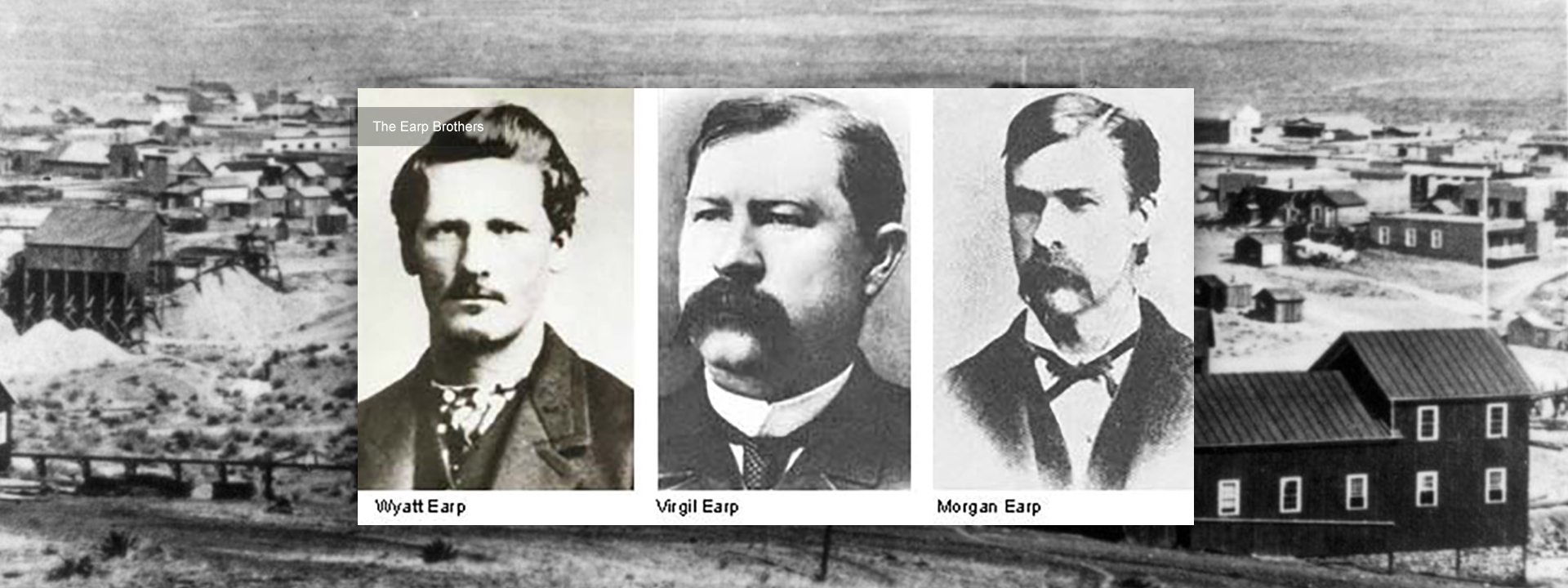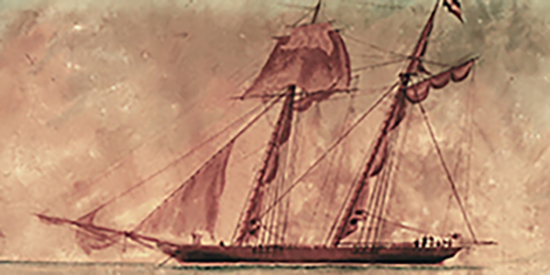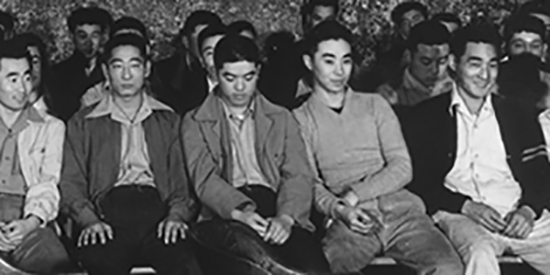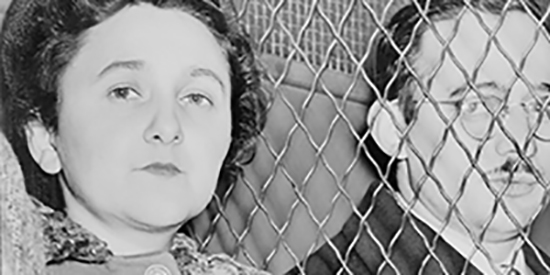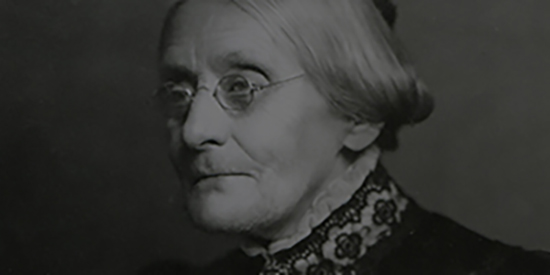REENACTMENTS – HISTORIC COURTROOM THEATER
Historic court cases can provide a window into the past of interest not only to attorneys but to all students of history, politics, and human nature. Issues that have generated past disputes decided in the courts of our nation quite often arise again decades later. As a result review of court transcripts can lead not only to a deeper understanding of our court system, but to new insights into important issues that are still relevant today.
Reenactments of historic court proceedings are an effective and popular teaching tool. This section of the Second Circuit’s Justice for All website provides access to scripts of reenactments, based on actual court transcripts. These scripts have been successfully performed before broad audiences. This is courtroom theater, with participants repeating words first spoken long ago. Our materials also include slides of historic photographs, drawings, and documents to be projected as the script is performed.
From this “Reenactments Home Page,” summaries and other important information about the currently available scripts can be accessed. On the “Instructions Page,” we provide answers to frequently asked questions about performance of the reenactments. The “Links Page” provides links to reenactments available from other sources and finally, by using the “Contact Page,” you can request a copy of the script and accompanying slides for your own performance.
This site will be updated periodically to add new scripts and additional teaching materials, so please come again.
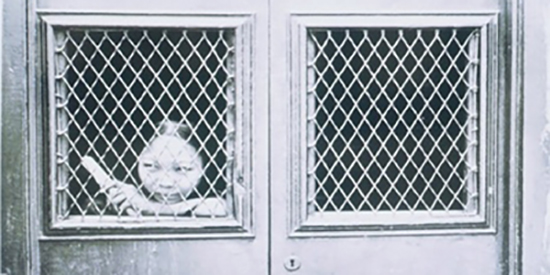
22 Lewd Chinese Women: Chy Lung v. Freeman – In 1874, a steamship from China arrived in the port of San Francisco. State immigration officials detained 22 Chinese women, concluding that they were prostitutes because they were Chinese and traveling alone. Legal proceedings followed, including a four-day trial and appeals all the way to the Supreme Court, raising issues of due process, human and civil rights, and the power of states to regulate immigration.
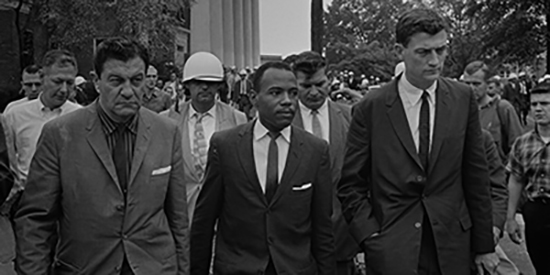
Constance Baker Motley, James Meredith, and The University of Mississippi – In 1961, James Meredith applied for admission to the University of Mississippi. Although he was qualified, he was rejected — Meredith was black, and the University had never admitted a black student. He sued in federal court to end segregation at Ole Miss.
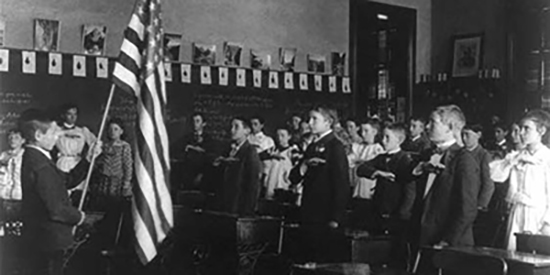
When Silence Speaks: Russo v. Central School District No. 1 – In 1969, long before NFL football players refused to stand for the National Anthem, a 21-year old art teacher in upstate New York refused to lead her homeroom in the Pledge of Allegiance. The school district fired her. She sued under the First Amendment.

